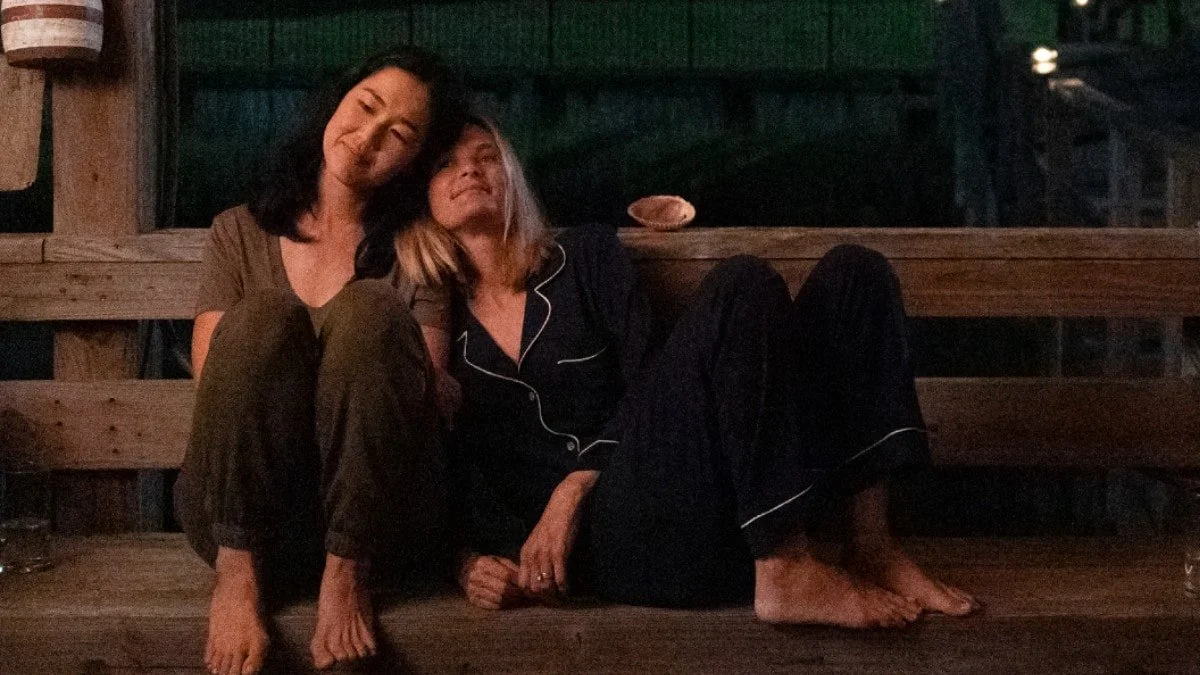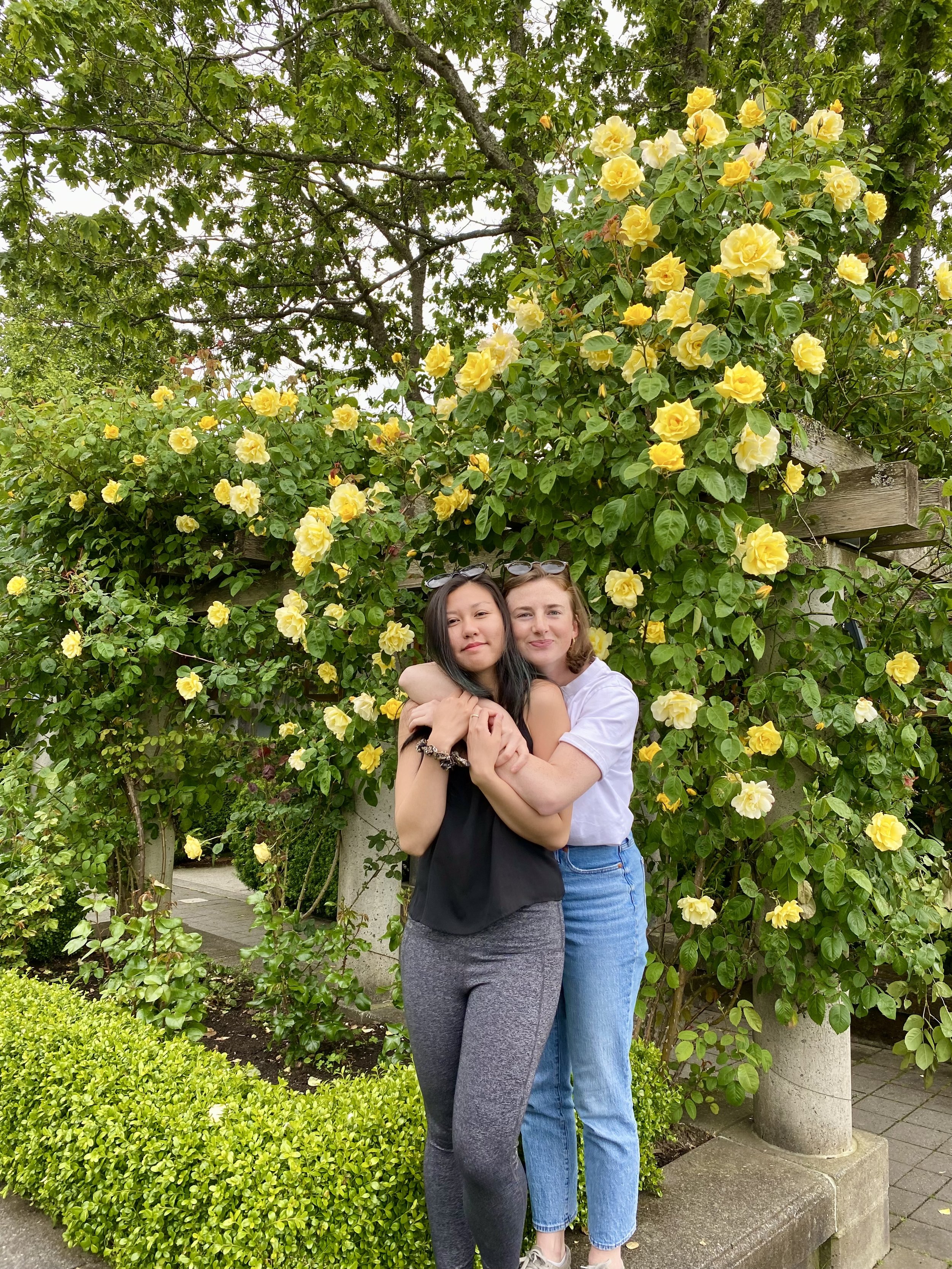The Summer I Turned Pretty: The Romance of Female Friendships
Image: PRIME VIDEO
I’ve written before on how meaningful it is to see a romantic lead portrayed by young women who look like me (thank you, Jenny Han). Seeing myself in Lara-Jean Covey from To All The Boys I’ve Loved Before was revolutionary. Similarly, I loved The Summer I Turned Pretty for all the usual reasons: complex characters, sweet relationships, stories that centre Asian people without centring race, drama that doesn’t pit young girls against each other, a great soundtrack, etc. I watched the series in one evening straight and was in tears by the finale.
Perhaps it came at the right time in my life, but this story resonated strongly as I approach thirty. The pivotal piece was the portrayal of the mothers, Laurel and Susanna. Too often, reckless romancing is reserved for teenagers. Boys get a pass, because “boys will be boys”. Girls can be dismissed as naïve and patronizingly adored in their innocence. Taylor Swift (ft. Phoebe Bridgers) sings in “Nothing New”: “how long will it be cute/ all this crying in my room/ when you can’t blame it on my youth and roll your eyes with affection”.
Stories of middle-aged romance are riddled with tropes: uptight spinsters too focused on their career or some variation of the Manic Pixie Dream Girl. Throw motherhood into the mix and judgments multiply. If mothers enjoy romance onscreen, it is soulful, heartfelt, and hidden from the eyes of their children. Otherwise, they are irresponsible, catty wine moms who resent their families and think their kids are brats. Unless the intention is to paint these characters as “bad moms”, mothers do not get high in the family kitchen and hook up with random men in dive bars for the fun of it.
Image: PRIME VIDEO
The Summer I Turned Pretty affirms Laurel and Susanna’s capacity as loving mothers simultaneously with them having carefree fun. It made me believe that life doesn’t end after having kids, that you can still live for yourself in a responsible, generous way without internalizing judgments on prioritizing parenting, career, or pleasure. If Laurel and Susanna are what “growing up” can look like, it is actually something I’d want. How groundbreaking to see a future for aging women that I can look forward to!
Men are present but never centred when it comes to them, which provides a big picture perspective to the role of romance in a woman’s life. Belly’s heartaches are the main storyline and validated, as teenage feelings should be. But with the mothers, it is explicitly stated that their greatest love is for each other.
This portrayal defies so much mainstream messaging about the most important relationship in a woman’s life being romantic, that a choice must be made between the role of wife/mother vs. friend and that one is morally superior to the other (in fact, these women’s roles as wives are not even explored in the story). Is it true that we are less fulfilled in the absence of a husband (research says the opposite) or do we simply internalize this belief from societal stigma that shames unmarried women and forces a hierarchy of which relationships should matter more?
Sometimes, my best friend and I joke that no love story in our lives could rival ours. We met on the first day of middle school, age 11-12. Our lockers were beside each other. She’s my promised date to the Met Gala if I ever get an invite. I cannot imagine a life without her.
Last month, I was presenting at a children’s literature conference in UBC. She flew from Halifax to Vancouver to spend the weekend with me. At the airport, she picked me up with a protein bar. I woke up jetlagged the following morning to a decaf latte and almond croissant. She dropped me off at my conference site in a rental car. We learn to love well by loving and being loved in all kinds of relationships, and I have been so remarkably privileged to know intimacy in this way.
Increasingly, I’ve found the model of heteronormative coupling more taxing than it’s worth. Finding what fills that void is daunting — but less so when I realize that I already have loved ones I talk to every day for hours at a time. It is the only way I’ve survived. Coming out of an eight-year relationship at 25, I’m only now learning how defining love on our own terms is a wonderfully liberating thing.
Audre Lorde taught us to embrace the erotic in every part of our lives not only for enjoyment but also revolution. Loving is how we resist mediocrity and scarcity. Restricting the practice to absolutes, permanence, or hierarchy are tools of oppression. In response, tales of abundance, nuance, and loving in flux are the most important stories we can tell.



